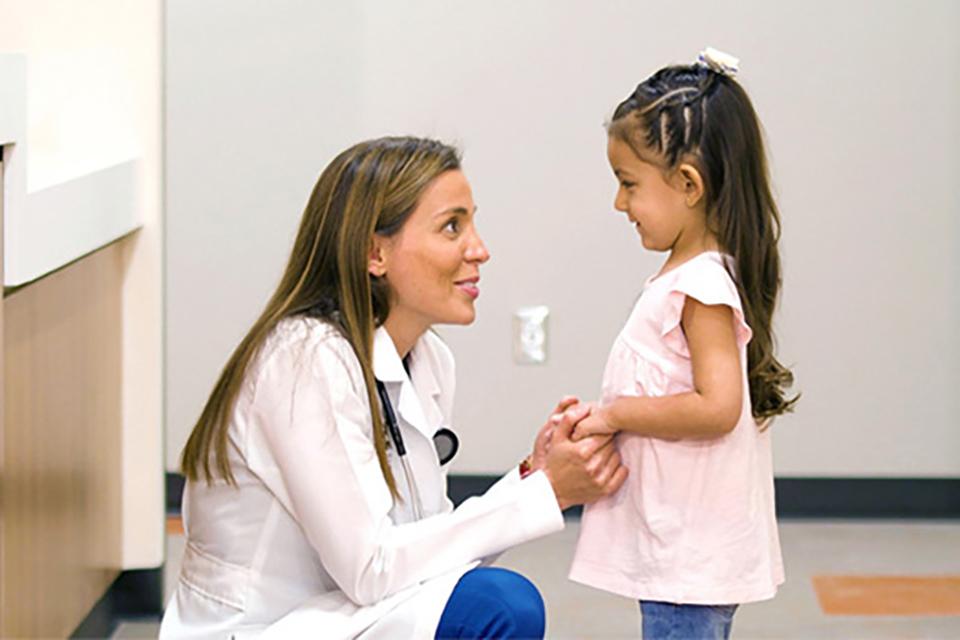|
Only have a minute? Listen instead
Getting your Trinity Audio player ready...
|

As summer break comes to an end a local physician is urging parents to take the necessary health precautions as the first day of school approaches.
For Dr. Laura Manzanilla Luberti, a doctor at the UT Health RGV and assistant professor for Primary and Community Care at the University of Texas Rio Grande Valley School of Medicine, preparing children healthwise for the upcoming school year is as important as school supplies.
With the first day of school right around the corner, Luberti is encouraging parents to get their child to bed early to “ensure a smoother transition,” into a school schedule where they need to wake up early.
“Start by getting children to bed early,” Luberti said in a news release. “Depending on when they will be returning to school, you can go a bit slower by doing an hour earlier every day, until they get to the usual bedtime during the school year.”
Luberti explained that adjusting their child’s sleep schedule is just one way of preparing them for success in the new school year.
She also recommends parents to ensure their child stays up-to-date on the necessary vaccines and wellness checks. For those who require a sports physical she recommends parents bring a completed history form when attending a wellness check.
Not only is physical health vital but also nutritional health.
The Center for Disease Control and Prevention attributes proper growth and development to healthy eating that follows the Dietary Guidelines for Americans.
The guidelines suggest children eat meals that include a variety of fruits and vegetables, whole grains, fat-free and low-fat dairy products, a variety of protein foods and oils. The goal of the guideline is to promote healthy eating by also limiting calories from solid fats and added sugars.
According to the CDC, added sugars and solid fats contribute to 40% of daily calories for those between the ages of 2 and 18 years old.

“Approximately half of these empty calories come from six sources: soda, fruit drinks, dairy desserts, grain desserts, pizza, and whole milk,” stated the CDC. “Most youth do not consume the recommended amount of total water.”
The CDC also pointed to a healthy diet helping one consume necessary nutrients and reducing the risk of developing health conditions, including high blood pressure, heart disease, type 2 diabetes, cancer, osteoporosis, iron deficiency and dental cavities.
The American Academy of Pediatrics suggests packing healthy lunches such as sandwiches made with whole wheat bread; packing whole fruits or vegetables; dips such as hummus, guacamole or ranch dressing; pretzels or crackers; fat-free milk or water.
Luberti recommends allowing children to choose between healthy snacks to give them a sense of independence and choice.
Other considerations to make are a student’s mental health and even the weight of their backpack.
Luberti is asking parents to create an environment with open communication where their children can express themselves in a safe place.
“Even if it’s just 15 or 30 minutes, talk or have a screen-free dinner together as a family. That will open that communication,” Luberti said in the release. “Kids need to hear and see that their parents are interested in them and what happens during their day.”



